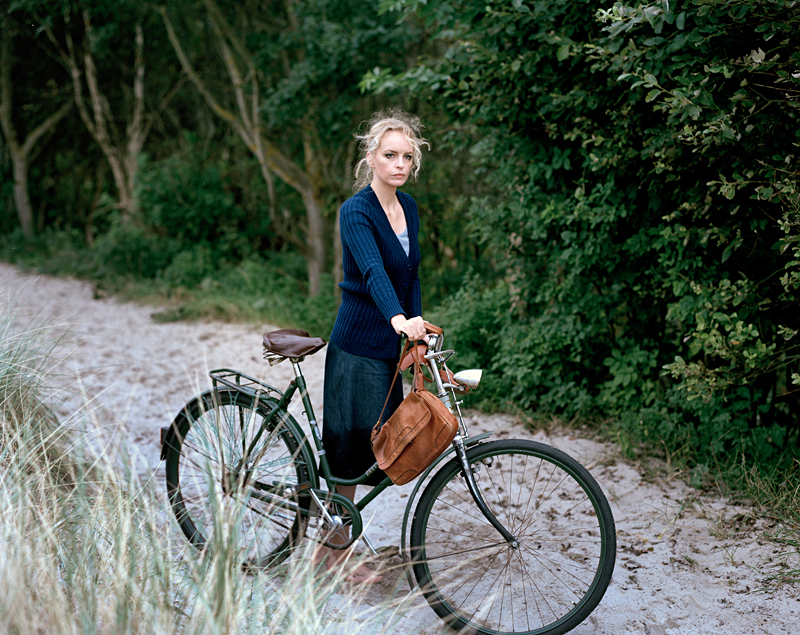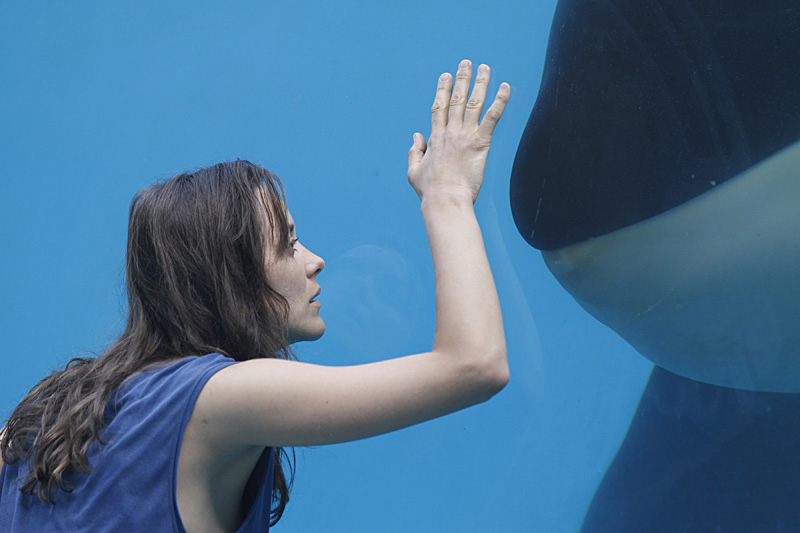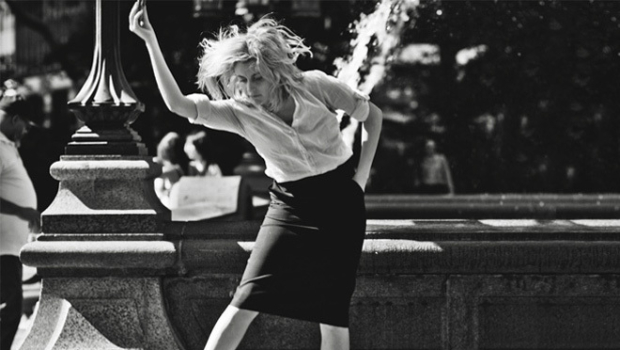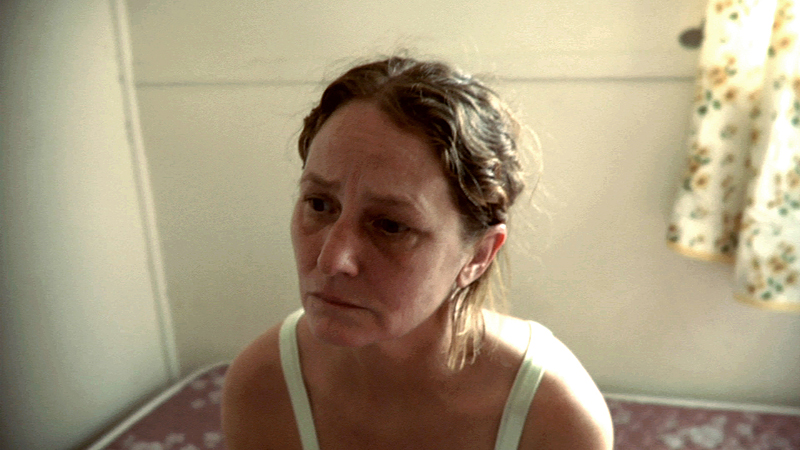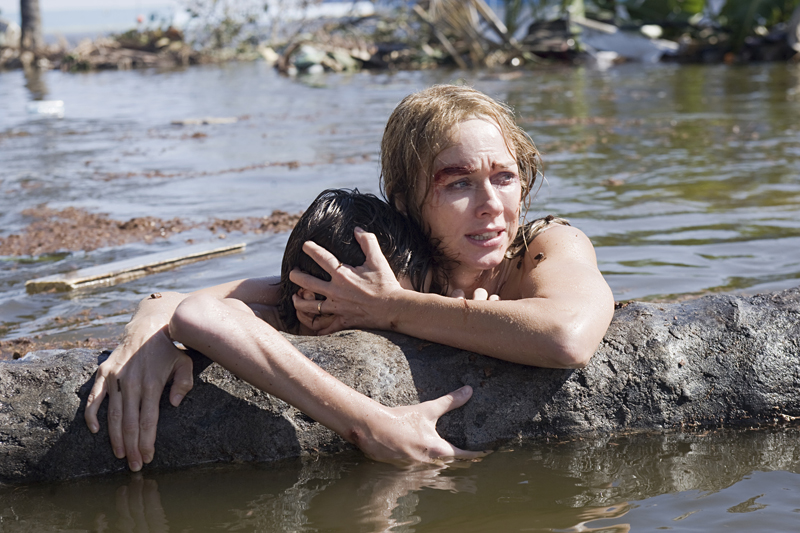Set in East Germany in 1980, Christian Petzold’s superb Barbara is a transfixing Cold War thriller made even more vivid by its subtle overlay of the golden-era “woman’s picture,” the woman in question being Dr. Barbara Wolff, brilliantly played by Nina Hoss. As he did in his previous film, 2009’s Jerichow, a wry, pared-down riff on James M. Cain’s The Postman Always Rings Twice, Petzold uses familiar templates to offer fresh perspectives on historical rifts and wounds.
We first see Barbara—lean, rigid, remote—stepping off a bus, a mere minute before beginning her new job at a provincial pediatric hospital. Previously employed at a prestigious clinic in Berlin, she has been reassigned to the boonies as punishment for applying for an exit visa. “She won’t even be one second early,” Stasi agent Klaus (Rainer Bock) says to André (Ronald Zehrfeld), the hospital’s burly head physician. Klaus and his state-security goons appear at Barbara’s doorstep or linger in parked cars outside her apartment building intermittently, just long enough so that their reign of terror sticks in the mind without overwhelming the movie.
Petzold is intent on the costs of revealing and withholding in a surveillance state, of constantly wondering what’s fact and what’s ruse. “Is your story true?” Barbara coldly asks André after he shares with her the harrowing details of how he wound up ministering to the ill in the sticks. He is eager to befriend his new colleague, even impress her, as he tries to do with his detailed analysis of Rembrandt’s The Anatomy Lesson of Dr. Nicolaes Tulp. But even this innocuous disquisition seems to have an ulterior motive; any conversation they have might be, Barbara fears, a setup for her to reveal a telling detail that André passes on to the Stasi.
Off-duty, Barbara is often in transit: on a bus to a restaurant where she exchanges a look with a waitress in the women’s room, who then hands her a wad of marks to be used for the doctor’s planned escape to Denmark; on a bicycle to the woods for an assignation with her boyfriend and co-conspirator from the West, who leaves her with a shopping bag filled with panty hose and other “luxuries” from his side of the divide. These moments, like every scene in Barbara, are punctuated by indelible details. In the restaurant episode, the female servers lie on the floor with their legs raised against the wall (when asked, Barbara assures her contact that this is indeed good for varicose veins); contained in her goodie bag from her lover is a box of West German cigarettes that André will remark on later.
The precision makes Barbara not a wax museum of generic good guys and villains from the not-so-distant past but a richly textured imagining of that time. (The director was born in 1960 to parents who had recently emigrated from East to West Germany.) These specifics are also integral to the deepening and complex relationship between Barbara and André: Their fealty to their profession and their young charges suspends, if only temporarily, their unease around each other.
The dissident doctor, unfailingly kind and warm with her patients, will make an enormous sacrifice for one of them: teenage Stella (Jasna Fritzi Bauer), an escapee from a juvenile workhouse—or “socialist extermination camp,” as Barbara calls it—who has been brought in with meningitis. Barbara’s act, beyond ratcheting up the tension of an expertly plotted film, also links our heroine to the great maternal altruists of ’30s and ’40s cinema whose names also served as film titles (Stella Dallas, Mildred Pierce). But unlike those martyrs, the physician’s deed is impelled not by masochism or self-abnegation but a sense of duty both to herself and her vocation. By the end of this impeccable movie, that commitment will be understood as her rescue—a deliverance emphasized by the best closing-credits song heard this year.
